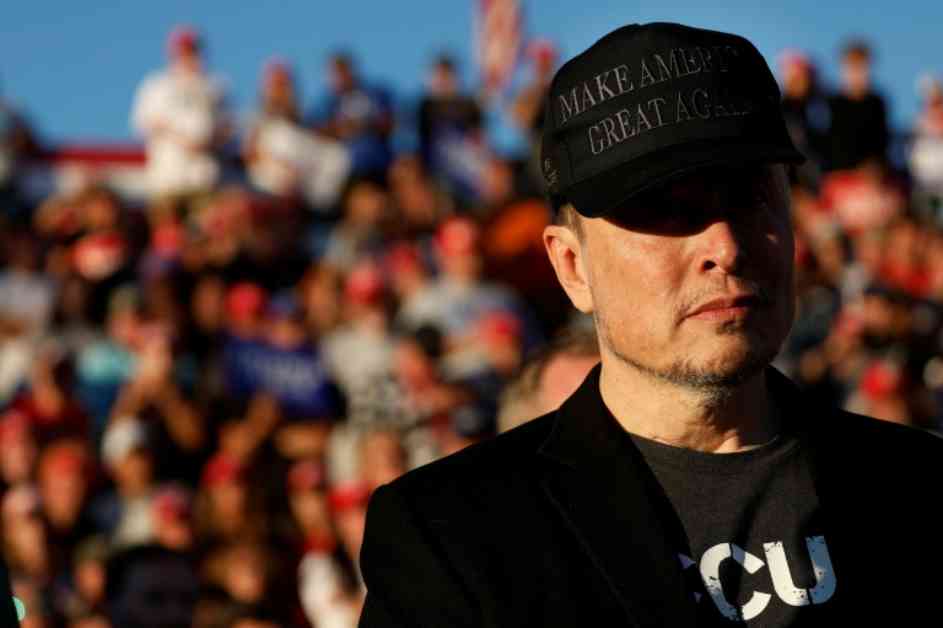Elon Musk has expressed his support for an online petition in the UK that calls for a new general election. The petition, initiated by pub-owner Michael Westwood, currently has nearly two million signatures. While the petition is not legally binding, it does require a response from the government and can be debated in parliament.
The petition accuses the ruling Labour Party of reneging on its promises made during the July election, reflecting a growing dissatisfaction with Prime Minister Keir Starmer’s government. Opposition figures such as Conservative shadow minister Robert Jenrick and Reform UK leader Nigel Farage have criticized the Labour Party for alleged dishonesty.
This public discontent is not new, as tensions between Elon Musk and Keir Starmer have been escalating. Musk previously commented on civil disorder in response to a tragic incident in Southport, involving the killing of three girls. He suggested that civil war was inevitable due to the issue of mass immigration, sparking controversy and a strong response from the government.
The Southport riots highlighted underlying issues of racial tensions and perceptions of unfair treatment by law enforcement. Starmer faced criticism for his handling of the situation, with accusations of a two-tier justice system. Despite his previous condemnation of police abuses, Starmer denied the existence of differential treatment during the riots.
Calls for Elon Musk to testify before the Science, Innovation, and Technology Select Committee have emerged, with Labour MP Chi Onwurah accusing him of spreading disinformation. In response, Musk asserted that the US might summon British officials for censorship and threats against American citizens.
The clash between Musk and Starmer underscores broader social and political divisions, reflecting the challenges faced by governments in addressing complex issues such as immigration and law enforcement. As public dissatisfaction grows, the role of influential figures like Musk in shaping public opinion and policy debates becomes increasingly significant.













